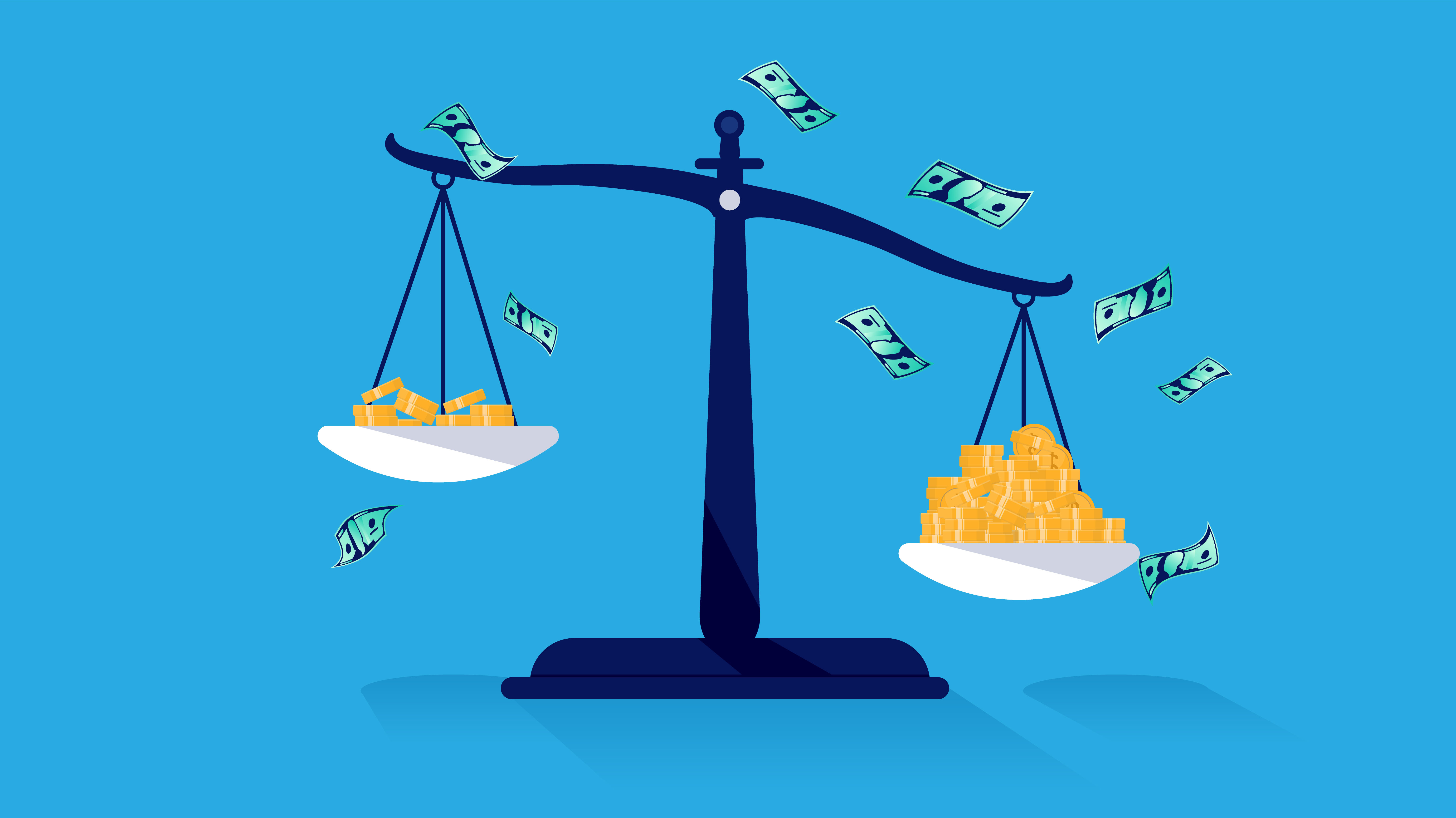
How Executive Compensation Changes In Response to Personal Income Tax Shocks: Who Pays the CEO’s Income Taxes?
Executive Compensation
At the Gupta Governance Institute 15th Annual Corporate Governance Conference held on April 8, 2022, a study showed that two years after a rise in the state personal income tax rate, CEOs receive significantly higher compensation to offset most of the increased tax liability.
Key insights
- CEOs in listed US companies receive a 5.7% increase in compensation following large state personal income tax rises relative to CEOs who do not experience such tax shocks. In stark contrast, when income tax rates decrease, there is no significant change in CEOs’ total compensation.
- The increase in CEO compensation following a tax shock comes in both cash and awards of stock in the firm. The former is consistent with an increase in demand for liquidity by the CEO to pay the larger tax bill. The latter is consistent with maintaining the CEO’s equity incentives and focus on improving shareholder value.
- The impact on CEO compensation of a state personal income tax rise is stronger in more profitable industries. The increase in compensation is also negatively associated with the likelihood of CEO turnover and positively associated with company performance. This suggests that increases in CEO compensation after state-level income tax shocks do not reduce shareholder value.
Summary of Complete Findings
The level and structure of executive compensation are complex and controversial matters, which are often under scrutiny from investors, regulators, politicians, and executives. This research investigates how exogenous changes in personal income tax rates affect the level, composition, and incentive properties of CEO compensation in listed US companies.
The research uses data on personal income tax rates from the official website of the Tax Policy Center over the period 1992-2018, and compensation information from Execucomp. It adopts state-level personal income tax changes as the explanatory variable. Compared with federal tax changes, state-level changes in personal income taxes happen more frequently and do not affect all states at the same time. This allows the researchers to control the robustness of their empirical model.
Over the 1992-2018 period, there were 347 changes in the top state personal income tax rates. Of these, 109 were increases and 38 were large changes of at least one percentage point. The research assesses primarily the 38 large tax rate shocks, including 22 tax increases and 16 tax cuts. Overall, the study analyzes 38,786 observations on CEOs by company and year.
The empirical model estimates that CEO compensation increases by 5.7% two years after a state personal income tax increase. There is no significant change in compensation one year after the tax increase, so on average it takes two years for CEO compensation to adjust following a tax rise. The estimates also reveal an asymmetric effect on CEO compensation of tax increases versus tax decreases: there is no reduction in CEO compensation following a tax decrease.
The researchers further assess whether changes in state personal income taxes affect the composition of the CEO compensation, in terms of the mix of cash, stock, and options. They find that both cash and stock pay increase significantly two years after a large rise in personal tax rates. Specifically, two years after a large tax increase, cash pay increases by 1.2% and stock pay increases by 12.6%. Another component of CEO compensation that significantly increases (15.9%) is non-equity incentive pay, such as cash paid to the CEO if a sales target is reached. However, there is no evidence of changes in the option component of the CEO’s compensation. The changes in pay composition suggest that companies expand cash pay to compensate the liquidity issue faced by the CEOs and bolster the stock pay to strengthen the alignment of CEO incentives with shareholder interests.
A significant income tax increase is likely to affect a CEO’s liquidity needs because the increased personal tax obligation is paid in cash. One potential mechanism to pay the tax bill is for the CEO to sell stock acquired through prior awards of shares. The study confirms that CEOs sell significantly more shares one year after a large tax increase than they would do otherwise.
Higher income tax rates decrease the CEO after-tax pay and give the CEO reasons to pursue higher before-tax compensation through negotiations with the company. It is usually relatively easier to negotiate when the company is more profitable. In fact, the study estimates that the CEO pay increase in companies within more profitable industries is more than double the estimate across all companies. This finding suggests that higher industry profitability amplifies the effects of tax shocks on CEO compensation.
There is a significant difference in the likelihood of CEO turnover between the groups with and without CEO pay raises. In companies that do not give their CEOs pay raises following a tax increase, there is a 10% turnover of CEOs affected by the tax shock. In contrast, following tax increases, companies that give their CEOs pay raises experience only 4.5% annual turnover.
The study further analyzes the impact of changes in CEO compensation on company performance, as measured by a firm’s Return on Assets (ROA) and stock return. Both ROA and stock return are significantly higher for companies that increase CEO compensation following a large personal income tax increase. The authors suggest that boards can offset negative compensation shocks unrelated to CEO quality and, by doing so, retain valuable talent to facilitate good company performance.
Finally, the study estimates the elasticity of CEO compensation with respect to a factor that captures what is left after income taxes, the net-of-tax rate. A 1% decrease in the net-of-tax rate due to a state income tax rise is associated with a 0.943% increase in total compensation two years later. An estimate of 1 would be consistent with an increase in pay that makes the CEO exactly whole in terms of after-tax pay. The finding indicates that, within two years, the CEO is almost fully compensated for the increase in state personal income tax rate.
In conclusion, this research provides food for thought to policy makers and regulators who are supporting income tax rates on high earners such as CEOs at the state and federal level. It is not clear that tax increases would reduce the inequalities in earnings between top executives and the median or rank-and-file workers. A careful distributional analysis would be required to understand who would ultimately pay for the tax rise, which could end up being spread across shareholders, bondholders, other employees, customers, or suppliers.
“How Executive Compensation Changes In Response to Personal Income Tax Shocks: Who Pays the CEO’s Income Taxes?” by Benjamin Bennett (Tulane University), Jeff Coles (University of Utah), Zexi Wang (Lancaster University).
Access working paper
Access paper


